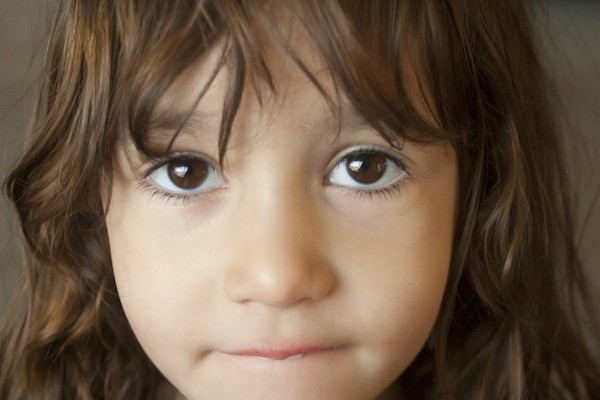The Negative Effects of Addiction on Children

Witnessing a parent’s addiction in the formative years of childhood, and even into adolescence, can be scarring. According to Statistics Canada, up to 20% of children in the country have been exposed to a parent’s addiction. This number is concerningly high, but what is more concerning, is the negative impact this exposure has on children. This post will explore some of the negative effects of parental addiction on child development.
Social, Behavioural & Developmental Risks: A 2016 Harvard study found that the children of addicted parents were three times more likely to suffer physical, sexual, or emotional abuse, and four times more likely to suffer neglect. Although troubling, this is not entirely surprising, as being under the influence of addictive substances, as well as suffering from addiction, can greatly impair one’s ability to attend to the many needs of a growing child. Due to their illness, addicted parents often neglect to ensure the proper nutrition, hygiene, and physical health of their children – often failing to bring them to dental and medical checkups, or to consult a doctor when their children are sick. Kids also need routine to function optimally. When a parent is suffering from addiction, this is often impossible and the home environment is more likely unstable or chaotic. What’s more, parents struggling with addiction are less likely to hold their children accountable for school attendance and performance or encourage extracurricular activities, which promote social development. Finally, the children of addicted parents have a higher incidence of psychological and behavioural issues, as well as developmental delays.
Financial instability: Along with an unpredictable and turbulent home environment, with addiction often comes financial instability for the family, as supporting an addiction can be very costly. This constitutes another reason for which children’s basic needs may be neglected or dismissed.
Higher incidence of dangerous outcomes and household violence: Another difficult reality to accept is that addicts are at a higher risk of being involved in fatal accidents or drug overdose – tragic events that can result in orphaned children. What’s more, research shows that with addiction comes a higher incidence of household violence and abuse. Regardless of whether or not violence is present, however, it has also been found that the children of addicted parents show similar behaviour patterns to abused children for what concerns bullying, social isolation, and difficulty forming and maintaining healthy relationships with peers. The bond a child forms with their primary caregiver, from as early as infancy, is very important, as it is thought to set the stage for all future relationships. This is known as attachment theory, with a secure attachment to one’s primary caregiver, characterized by warmth, attentiveness, and connection, among other features, being the ideal. The children of addicted parents may miss the opportunity to form a secure attachment with their caregivers and thus go on to develop many of the emotional and interpersonal difficulties associated with insecure attachment styles.
Modeling & Idolization: It is no secret that children are “like sponges” and both model and idolize the behaviour of their parents. This could of course be problematic if their parents are modeling destructive behaviour. Multiple studies have uncovered that the children of addicted parents are significantly more likely to themselves suffer from addiction at some point in their lives.
When we are children, our parents are our world. We look to them for literally everything from food to shelter to comfort and encouragement. As we get older, however, we begin to realize that our parents, like all human beings, have flaws, insecurities, and vulnerabilities, although the tendency to defend them often remains very strong. This is one of the reasons that the pain from an abusive or otherwise traumatic childhood is one of the most difficult wounds to overcome. Parents, in essence, have one job: to love and protect their children. Nobody is perfect, and everyone makes mistakes, but when an addiction is physically preventing a parent from fulfilling their child’s basic needs for nourishment, safety, and love, the consequences can be dire.
As we’ve discussed, the negative effects of raising a child while addicted to drugs or alcohol are similar to those of child abuse, with regard to cognitive, emotional, and social development. Getting sober is a decision one has to make for themselves, but when there are children involved, there is a lot more at stake. If you are contemplating whether you should finally seek professional help, think of your little ones, and how your behaviour could negatively impact them for life.
Andy’s House can help you recover from addiction and get back to being the parent your children deserve.
